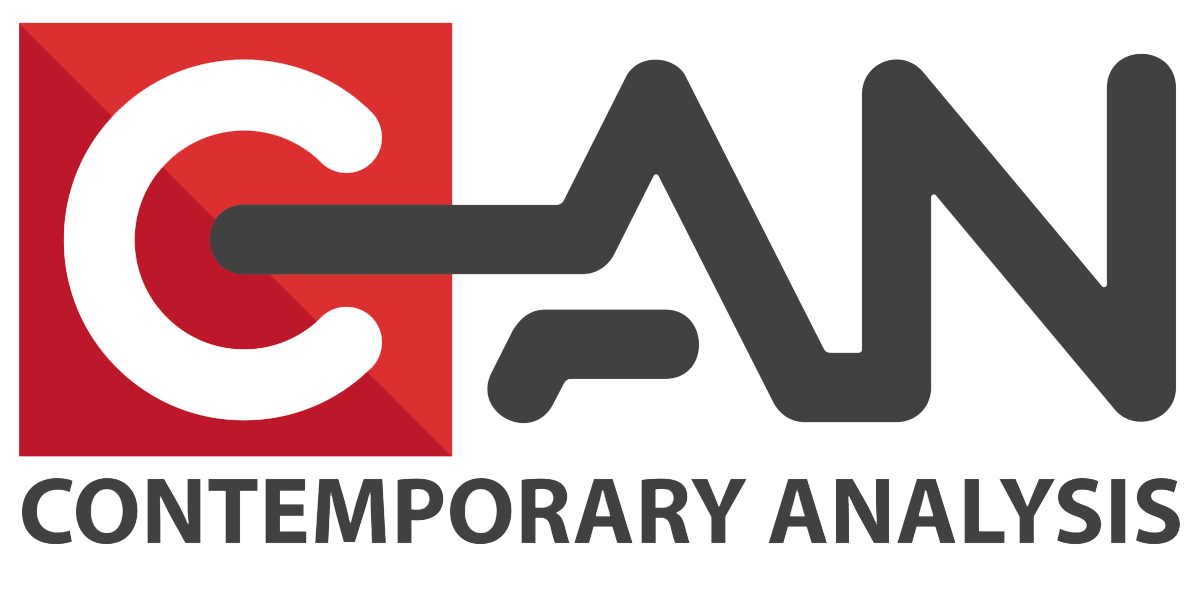This summer, long time employee Nate Watson took over as president and owner of Contemporary Analysis. Situated in his new role, Watson has impressive plans for CAN’s future.
Since 2008 Contemporary Analysis (CAN) helped over 100 companies use predictive analytics to find patterns in their business data. CAN uses data businesses already collect, then explores those patterns to figure out what will likely happen. CAN has worked with some of the largest companies in the midwest including Kiewit, Gavilon, Mutual of Omaha, Blue Cross/Blue Shield, and West. CAN holds the reputation of solving the hardest problems in the Omaha data science field.
In mid-2014, after 150+ completed projects, co-founder and CEO, Grant Stanley decided it was time for a new leader to run the company. Stanley appointed then Senior Project Manager Nate Watson to run daily operations while he worked on a new project implementing machine learning into project planning and time management. Stanley’s new company, Bric, launched in late 2014.
Over the next year, Watson kept his eyes open for new ideas on how to make the culture and ideology of CAN work in today’s world. The idea for a new staff-augmentation model (see below) came as a cross between the need to provide a solution to companies that didn’t require massive political buy-in and budgets to build a POC. This idea struck a cord with two friends of Watson who decided to invest in the new ideology and buyout Stanley.
CAN’s motto is “Empower the great to build something greater.” Watson chose two investors who believe in empowering CAN to be something greater.
Through the transition, the mission of the company remained unaltered, albeit expanded. Watson partnered with two investors to help him with the buyout.
CAN’s new investors are Nick and Carrie Rosenberry. Both Nebraska natives, the Rosenberrys recently moved back to Nebraska after a stint in Minnesota. They bought into the business because they see a promising future in the data science industry.
“We were looking for a company poised to be on the bleeding edge of a bleeding edge industry. CAN completely fit the bill,” said Carrie Rosenberry.
Carrie is from Tekamah, Nebraska. She received her BS in Mechanical Engineering from UNL while also participating in the Raikes School. She then attended University of Minnesota Law School, where she graduated Magna Cum Laude. She will serve as General Counsel for CAN.
Watson remarked, “Having a lawyer on your team means we can build the ideology behind both the investment group and the agri-tech incubator (scheduled for development next year) using someone who understands the ultimate goal of CAN.”
Nick Rosenberry hails from Scottsbluff, Nebraska. He graduated from UNO with a Bachelors and Masters in Architectural Engineering before getting his MBA from the Carlson School of Management at the University of Minnesota. He serves as Chairman of the Board as well as general wisdom of business management for CAN.
With an on-team lawyer as well as a MBA on the board, Watson believes he has the team built to bring data science to every company regardless of vertical or size.
With the Rosenberrys on his side, Watson unveils a new business plan.
While not drastically changing their core business, CAN wants to change how companies interact with data science consultants. CAN aims to shift its main business model from a project model to a staff augmentation model. Previously, when a company needed a project done, they hired CAN, CAN did the job, the company paid CAN, and CAN moved onto a different project.
A staff augmentation model, on the other hand, means that CAN actually provides a data scientist to work directly for the client. By giving businesses the option of hiring a part-time data-scientist, companies no longer need to sift through projects and create extra budgets. It instead allows a company to test out how a data scientist would work in their culture, figure out how to implement ideology, and create the necessary roadmap for success long after CAN’s data scientist has been replaced with their own.
This however, has created a new problem: how and where to recruit the talent necessary to continue data science initiatives after CAN as a consultant has left?
CAN believes the answer lie in one of its new creations, the Omaha Data Science Academy (Oma-DSA). The Oma-DSA is a twelve week course designed to train entry-level data scientists who have business acumen but lack a few of the key skills needed before they take on corporate projects.
The Oma-DSA is designed to augment a person’s existing degree with advice and training from real data science experts in the field. This should provide talent, trained in entry level data science for companies to hire to run their new capabilities.
The first run of the Oma-DSA is this September.
Nate Watson and everyone involved with Contemporary Analysis is ecstatic about these new ventures.
CAN has always empowered the great. Under Nate Watson’s new ownership, CAN now has the time and resources to empower greatness within itself.
For more information on the Oma-DSA, or anything you liked about this article, contact Nate Watson below.
[contact-form-7 id=”4573″ title=”PR Contact Form”]
[contact-form-7 id=”4528″ title=”Omaha Data Science Academy Form”]
